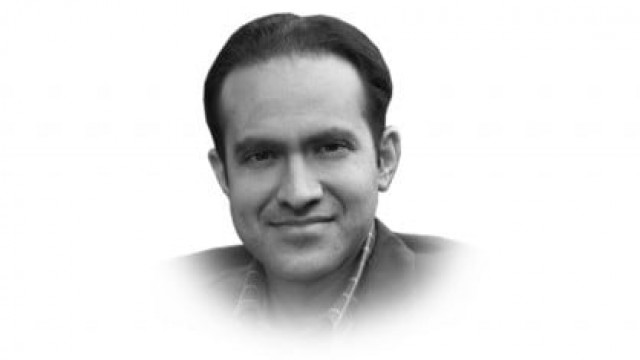Pakistan and Africa
Pakistanis need to broaden their horizons and think beyond linear views of east and west and perhaps look south.

Africa is a magical continent which is the evolutionary cradle of homo sapiens. Yet all too often, it is the indigenous people of Africa who have been singled out for a most pernicious form of racism. Even in Pakistan, “habshi” is used as a word of scorn and there are so many negative stereotypes which our culture continues to perpetuate about Africans. As with all societies, African cultures have both positive and negative attributes and it is high time we change our attitude and consider the positive aspects of Africa from which to draw lessons more seriously.
The geography of Africa was fractured by colonialism in a perfidious way, with 54 countries being carved out by European colonial powers in ways that defied ethnicity or ecology. The current borders of Africa can largely be traced back to the Berlin Conference of 1884 which delineated the frontiers of African regions according to colonial administrative lineage. During the Cold war, rogue dictators were supported for political ends by the West which led to abominable atrocities. The first democratically elected ruler of Congo, Patrice Lumumba, was assassinated with Belgian complicity in 1961. After 40 years of denial, the Belgian government finally issued a formal apology to the people of Congo in 2002. The Belgian Commission Inquiry which led to this apology also implicated the CIA in the plot to “eliminate” Lumumba, with orders coming directly from President Eisenhower.
But Africa’s woes cannot be blamed only on the West. Saudi Arabia, which supported rogue leaders such as Idi Amin in Uganda simply because he claimed to be a Muslim, also shares the blame. Amin, who was guilty of shameful crimes, died seven years ago in the lap of luxury in Jeddah after he was thrown out of his own country in 1979. Morocco’s king gave asylum to Congolese dictator Mobutu where he eventually died without facing justice for looting his country of more than three billion dollars. We also have the bewildering case of Libya’s forays into the heart of Africa. Under the pretext of African unity, Colonel Gaddafi gave support to leaders such as Charles Taylor in Liberia, who is now under indictment with the United Nations International Criminal Court for heinous crimes against humanity.
African countries display a diversity of cultures that range from retrogressive regimes that still have laws persecuting “witches” such as the Central African Republic, to progressive democracies with free health care and education, such as Botswana. While Somalia is being overrun by al Qaeda linked fanatics and Nigeria faces inter-faith violence between Christians and Muslims, Cameroon provides an example of relative religious harmony. During my fieldwork, I visited a remote village in Eastern Cameroon without electricity or running water and met with the local imam of the mosque. A kind and generous man, he told me how he shares holidays with his Christian neighbours and neither side tries to evangelise with contempt. If only some of Pakistan’s remote villages in Waziristan could follow such an example.
Pakistanis need to broaden their horizons and think beyond linear views of east and west and perhaps look south as well for lessons on how to consider our plight.
Published in The Express Tribune, October 26th, 2010.














COMMENTS
Comments are moderated and generally will be posted if they are on-topic and not abusive.
For more information, please see our Comments FAQ